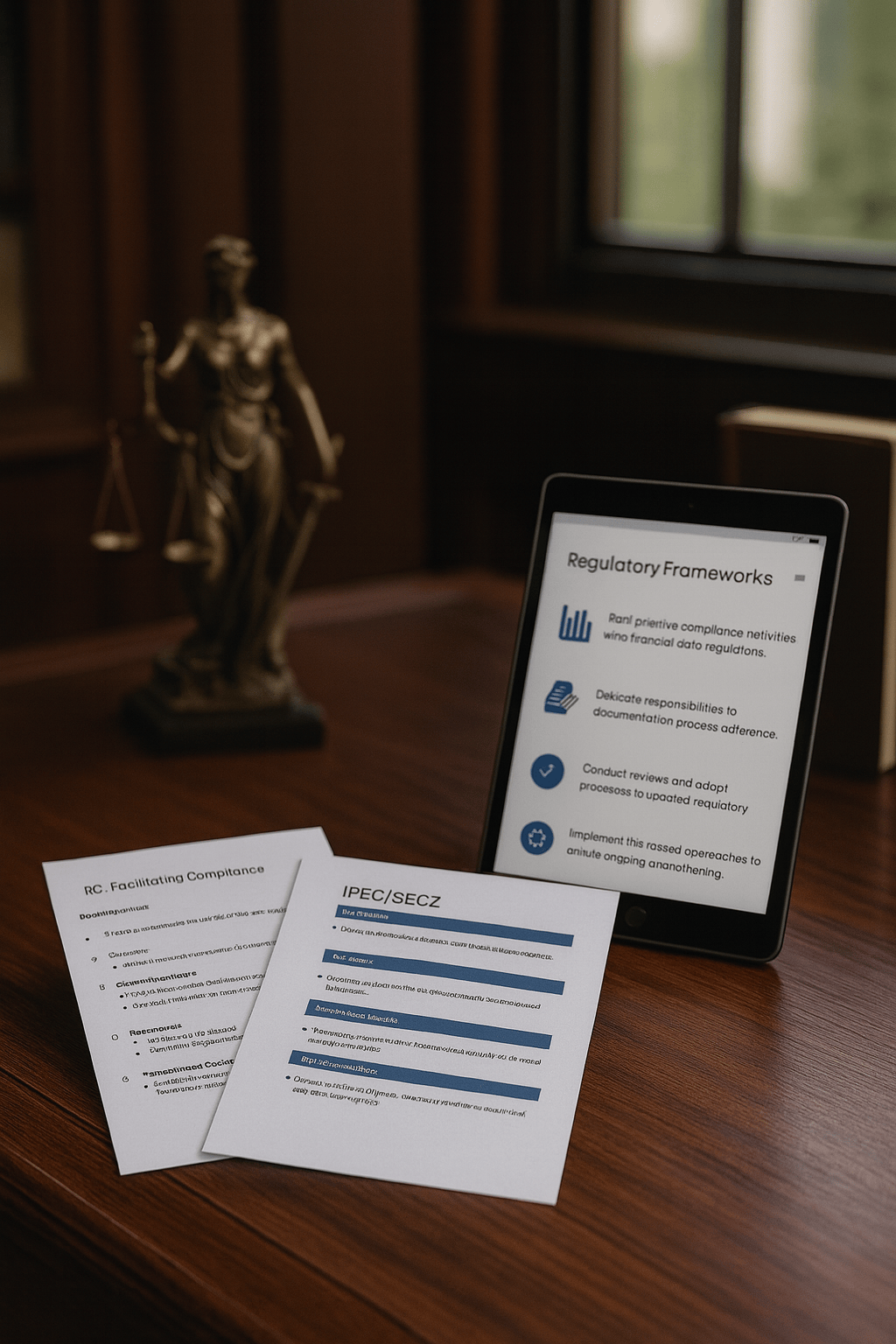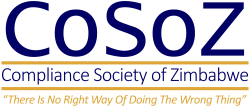Compliance Landscape in Zimbabwe
In Zimbabwe, compliance management has traditionally been most prominent in the financial services sector and, to a limited extent, in mining, where the focus has largely centred on safety and health. Since the early 2000s, financial sector regulators, particularly the Reserve Bank of Zimbabwe (RBZ), have significantly strengthened the regulatory framework and intensified supervisory scrutiny. As a result, the cost and complexity of compliance for banks have steadily increased.
This shift has elevated compliance to a major strategic issue within the banking industry, reflected in the emergence of dedicated compliance departments and the growing influence of Compliance Officers. With the Compliance Officer now formally designated a Principal Officer under the amended Banking Act, compliance professionals face heightened expectations to interpret regulation accurately and ensure their institutions adopt robust policies and processes that uphold regulatory requirements.
In the insurance sector, evolving economic pressures and emerging risks have pushed the Securities and Exchange Commission of Zimbabwe (SECZ) and the Insurance and Pensions Commission (IPEC) to enhance and modernize their regulatory frameworks. Although regulatory reform in this sector has progressed more gradually than in banking, insurance companies and their Principal Officers are experiencing rising compliance demands. IPEC continues to introduce new regulations and deepen its supervisory activities, while Trustees of pension funds face increasing accountability due to their fiduciary responsibilities.
Money laundering and terrorist financing have also become global risks of concern, and Zimbabwe is no exception. To strengthen the country’s position within the international financial system, the Financial Intelligence Unit (FIU) was established to develop and enforce a national anti–money laundering (AML) framework.
The FIU has introduced stringent compliance requirements and punitive sanctions for non-compliance, significantly increasing the regulatory burden on local entities. Amendments to its enabling Act have further enhanced the Unit’s powers, staffing capacity and operational structures. Zimbabwe’s current placement on the Financial Action Task Force (FATF) grey list has added additional pressure, constrained ordinary business operations and highlighted the need for stronger compliance systems across the economy.

Across various industries including capital markets, healthcare, aviation, and the public sector, compliance and related functions, once seen as bureaucratic or overly technical, are now widely recognised as essential, value-adding components of organisational strategy. They have become critical drivers of resilience, competitiveness, and sustainable business practice.
It is against this backdrop that the Compliance Society of Zimbabwe (CoSoZ) was established. Its mandate is to:

encourage and promote compliance within Zimbabwe’s regulatory environment.

- Provide platforms for sharing information, insights, and best practices.

Establish, maintain compliance guidelines, principles, and professional codes.
CoSoZ exists to fill this vital gap, strengthening the compliance profession, fostering collaboration, and elevating national regulatory excellence.
